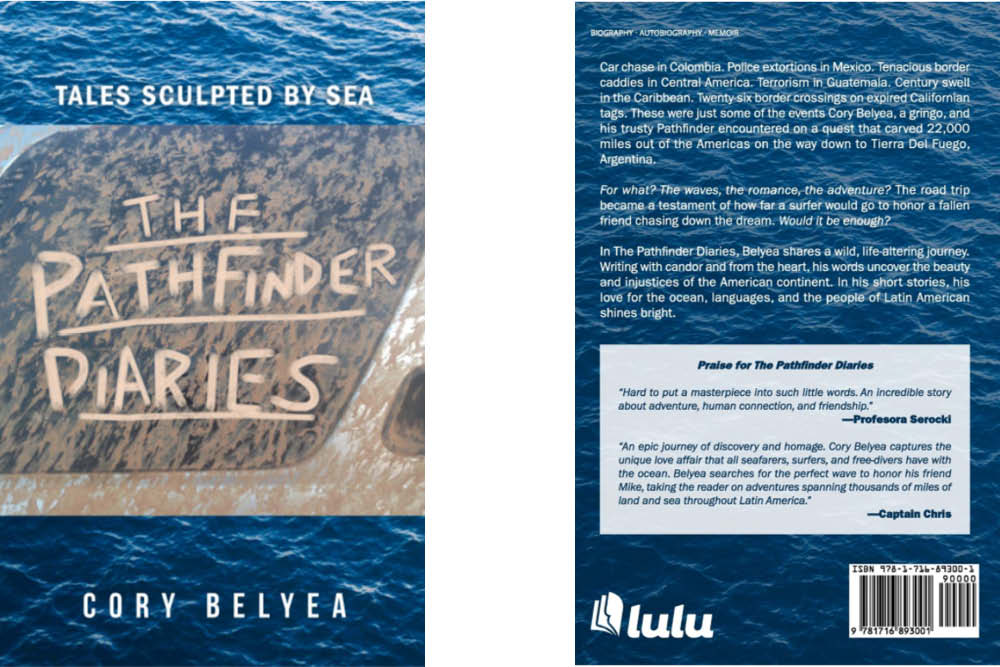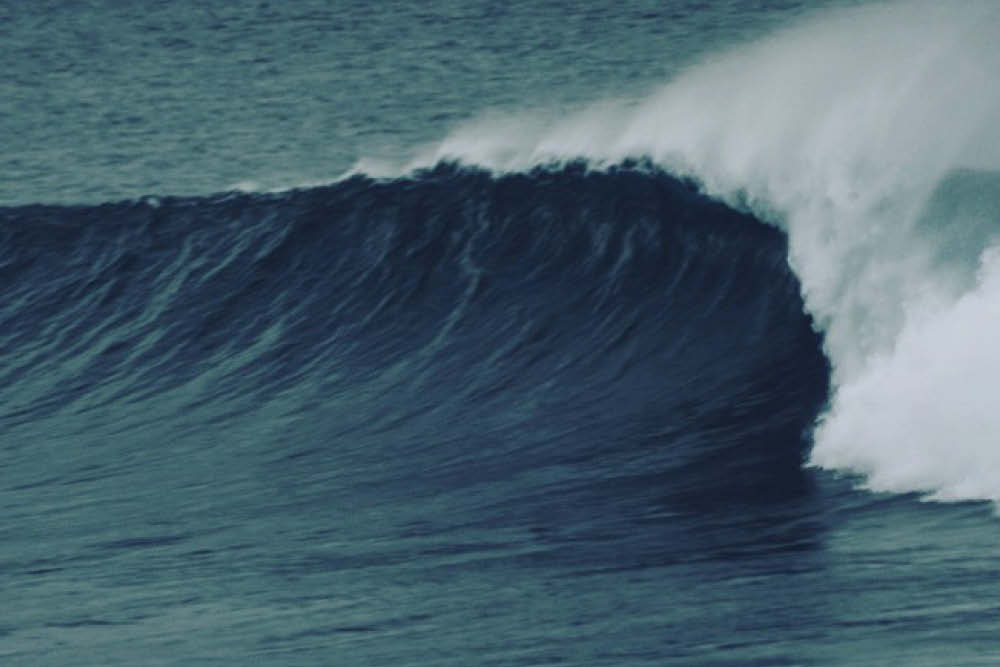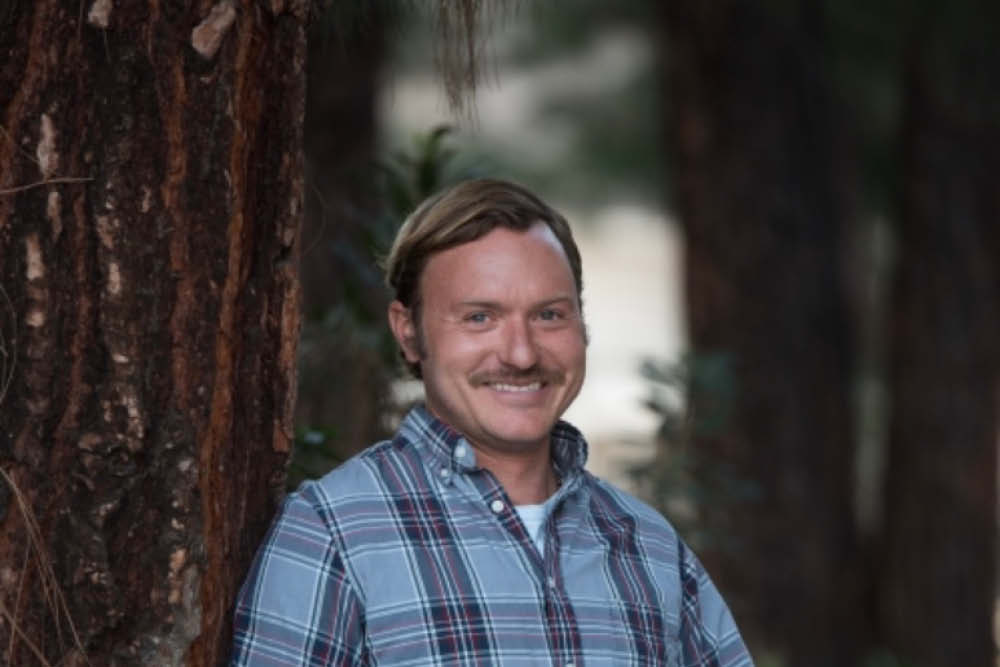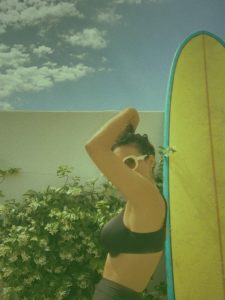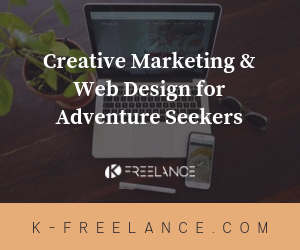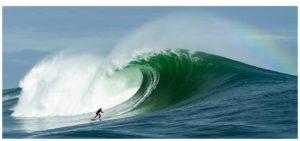
Episode 52: Meet Philipp Hartmann- Marketing Guru, Seasoned Entrepreneur, and an Amazing Daddy Surfer
This week, Philipp joins us for a heart-warming, and eye-opening interview. Philipp tells about the story of their life in Cape Town and how he became a father of five adorable kids within a little more than a year.

